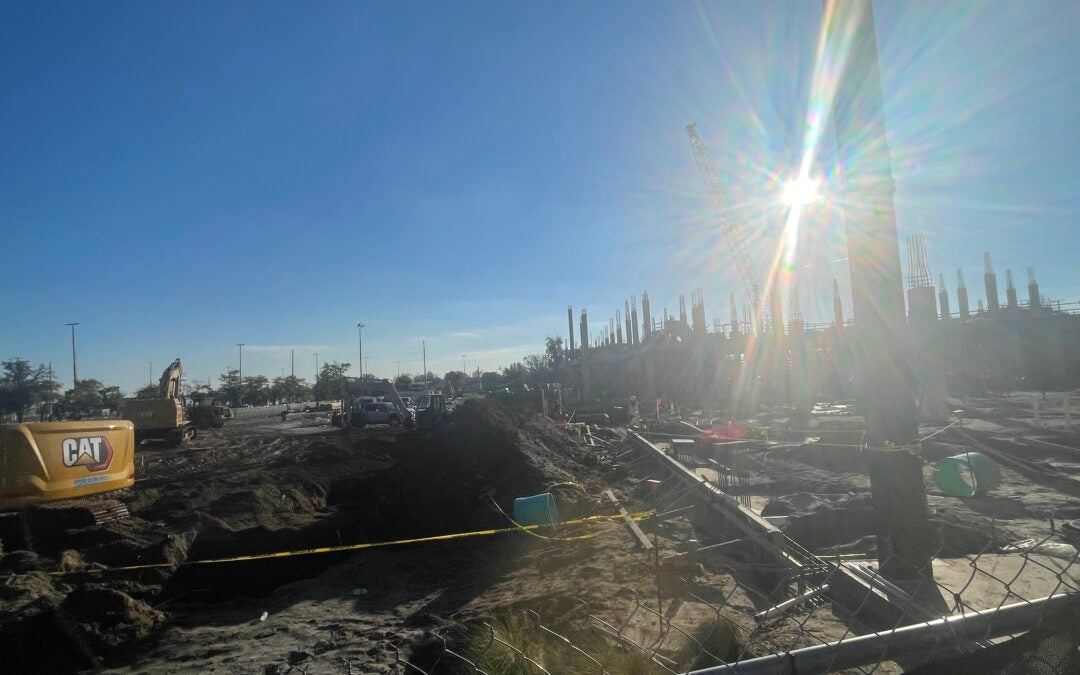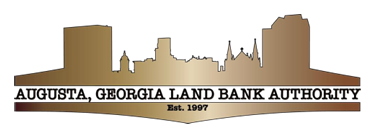The Columbia County tax millage rate has gone up and down over the years, and as of last week, it is now at its lowest since 2011.
The Board of Commissioners unanimously voted on Aug. 3 to approve rolling back the millage rate to 5.683 from last year’s 5.999.
MORE: Columbia County Commission Votes to Roll Back Millage Rate
“If you compare our millage rate to our benchmark counties, counties that are the same size and offer our same services and those things, you’ll find out that we’re one of the lowest, if not the lowest, in the entire state,” said county manager Scott Johnson.
Getting lower taxes is generally good news, and this represents a major feat for the county, but how did it happen, and what does it mean?
The process to lower taxes, and specifically a lower tax millage rate, is complicated. Johnson notes that it begins with the quality of life in Columbia County that attracts so many people.
[adrotate banner=”54″]
“Columbia County is a desirable place to live,” said Johnson. “People want to move here. As a result of that, there’s a supply and demand issue. The supply on the housing is low, but the demand is high, and people are paying over asking price for houses.”
The values assessed on these desired properties increase, and those values are multiplied by the millage rate, which determines what Columbia County residents will actually pay in taxes.
“If values are rising and the millage rate stays the same, you’re going to pay more taxes,” said Johnson. “If values are rising and the millage rate is rising also, you’re going to pay a lot more taxes. But if values are rising and the millage rate is dropping, then arguably you’re paying near the same amount of taxes as you’ve been paying in the past.”
The county is particular about how it applies the millage taxes. Johnson emphasizes one major application is the dedicated fire millage rate, to which he attributes the county’s quality of fire protection.
“In Columbia County, we have an ISO rating of one, which is the absolute best in the entire country,” said Johnson. “The reason we’ve been able to do that is because we properly fund our fire department, and we do it with a dedicated millage rate.”
[adrotate banner=”31″]
ISO refers to how highly a community’s fire service is rated. A Class 1 rating means the community has superior property protection. In addition to maintaining the ISO of one, the county’s taxes are also put toward maintenance and operation, and the debt piece.
“If we have a big list of projects that we want to do outside of SPLOST. We will go to the voters and ask the voters to approve a general obligation bond,” said Johnson. “When they’re voting on that, they’re also voting on raising their taxes to cover the cost of that.”
The debt piece is a key factor in what kept the millage rate fluctuating over the years, according to Johnson. The county has sought to keep the rate low over the last decade.
Then, in 2017, Johnson says voters elected to add a full mill to the tax rate. After that, the county had to start slowly lowering maintenance and operation and debt service rates to get back to where the millage rate was in 2011. This does not include the tax millage rate set by the board of education, which is separate.
“The school board levies their own millage rate, and that is 70 plus percent of your taxes that you pay,” notes Johnson. “So even with us rolling the tax rate back, if the school board stays the same or goes up, your tax bill may be the same.”
[adrotate banner=”19″]
Johnson also attributes the meticulousness of government staff in striving towards the ideal of higher property values as well as lower tax rates for citizens alongside a sufficient budget for the county government to operate.
“We scrutinize everything in our budget. We don’t take anything for granted. Every expense is approved and scrutinized, and at the end of the year, if we have anything we can turn back in, we turn it back in,” said Johnson. “I think that’s the definition of a good, thriving community. Keeping expenses low and then watching our revenues and the higher values of properties to help us keep the tax rates low.”
What does the lowest tax rate in 10 years mean for citizens of Columbia County? For Johnson, it means advancement for the whole community. He notes the accomplishments of the county, including parks, a community broadband network and the fire department’s high ratings, along with the overall growth of the county.
“Think about Columbia County in 2011 and Columbia County in 202l; all the things we’ve been able to do in 10 years, we’ve been able to accomplish that by not adding more money,” said Johnson. “If you’re a Columbia County citizen, you have the benefit of 10 years of progress for the same amount of money you were paying 10 years ago. Which is significant.”
Skyler Q. Andrews is a Staff Reporter with The Augusta Press. You can reach him at skyler@theaugustapress.com.
[adrotate banner=”48″]












